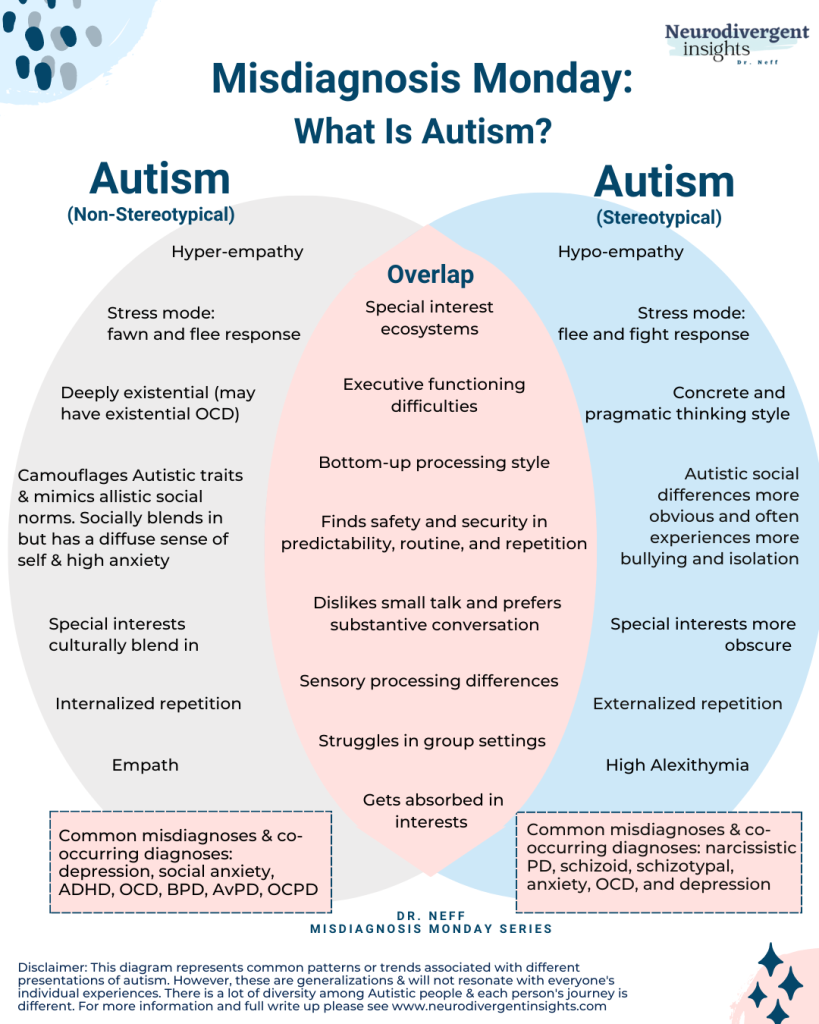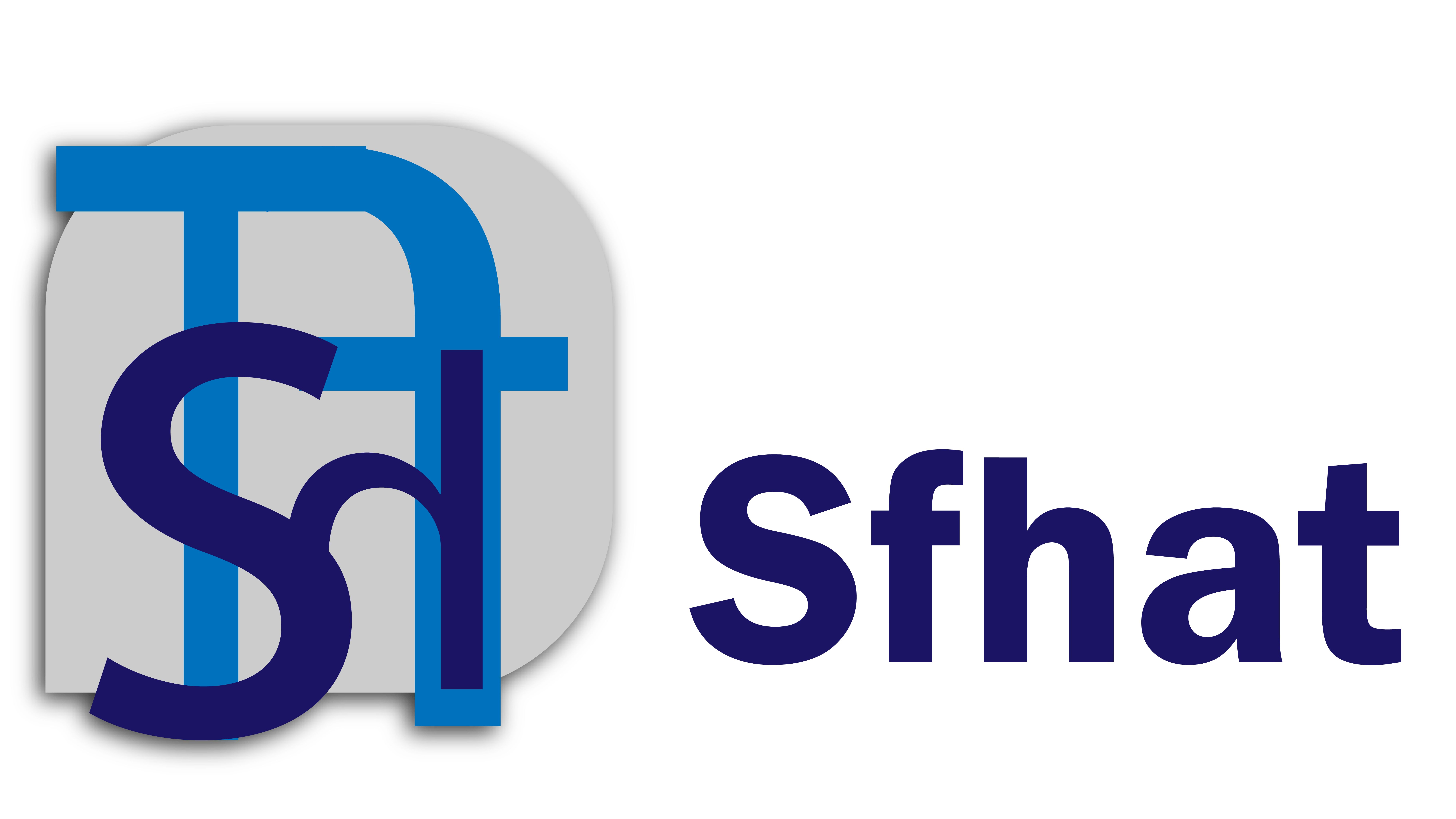Diagnosing autism in people in Australia creates unique issues and factors that reveal the developing knowledge of the variety and the varied needs of individuals. Unlike youth diagnoses that always rely on early developing indicators, person autism examination involves knowing delicate behavioral patterns, communication variations, and cultural challenges that could have been camouflaged over the years. The process requires an extensive and culturally sensitive and painful method that acknowledges the varied skills and activities of an individual seeking assessment.
Australia’s diagnostic platform for adult autism is influenced by internationally acknowledged criteria like the Diagnostic and Mathematical Handbook of Intellectual Problems (DSM-5) and the Global Classification of Conditions (ICD-10). But, specialists performing assessments in Australia are inspired to adopt a person-centered, strengths-based perception that considers an individual’s special neurodiversity and national context.
Accessibility to diagnostic services is an essential aspect of the Australian landscape, and attempts are being produced to address disparities in access to assessments across regions. Towns usually have more assets and specific specialists, while rural and rural areas may face issues in giving reasonable and extensive diagnostic services. Raising understanding and creating diagnostic capacity in underserved places remain major details for improving accessibility.
The diagnostic method on average requires a multidisciplinary team, including clinical psychologists, psychiatrists, presentation pathologists, and occupational therapists. That collaborative approach guarantees a holistic review that views cognitive qualities, language proficiency, sensory sensitivities, and emotional health factors. More over, experts are significantly realizing the importance of involving persons in the diagnostic method, valuing their self-reported experiences and insights.
Social competence plays an important role in the diagnostic journey for people seeking evaluation in Australia. Indigenous Australians, culturally and linguistically diverse communities, and people from numerous skills involve tailored strategies that accept the affect of tradition on phrase and understanding of autism. Specialists are inspired to take part in ongoing ethnic competency teaching to make certain a nuanced understanding of varied perspectives.
Late-diagnosed people may possibly experience special challenges as they navigate the complicated thoughts and adjustments that come with knowledge their neurodivergent identity. The diagnostic trip often runs beyond the evaluation it self, concerning post-diagnostic help, including counseling, psychoeducation, and the growth of coping techniques tailored to the individual’s benefits and challenges.
The recognition of sexuality variety within the autism variety is yet Autism Spectrum Disorders growing facet of analysis in Australia. Conventional diagnostic standards, which were historically predicated on predominantly guy displays, may not capture the different words of autism in girls and people with varied sexuality identities. Initiatives are underway to improve diagnostic methods and raise attention of the unique experiences of autistic people over the sex spectrum.
Research and advocacy play built-in tasks in surrounding the continuing future of person autism analysis in Australia. Continuing reports donate to a deeper knowledge of the prevalence, activities, and needs of adults on the spectrum. Advocacy companies, both national and regional, function towards destigmatizing autism, increasing attention, and influencing plan changes that prioritize the introduction and well-being of autistic individuals in Australian society.

In conclusion, detecting autism in adults in Australia involves a vibrant and person-centered strategy that identifies the individual’s special skills, issues, and ethnic context. The continuing initiatives to enhance availability, national competency, and recognition donate to a more inclusive and supporting atmosphere for people seeking analysis and navigating their neurodivergent identities in the Australian context.

Leave a Reply